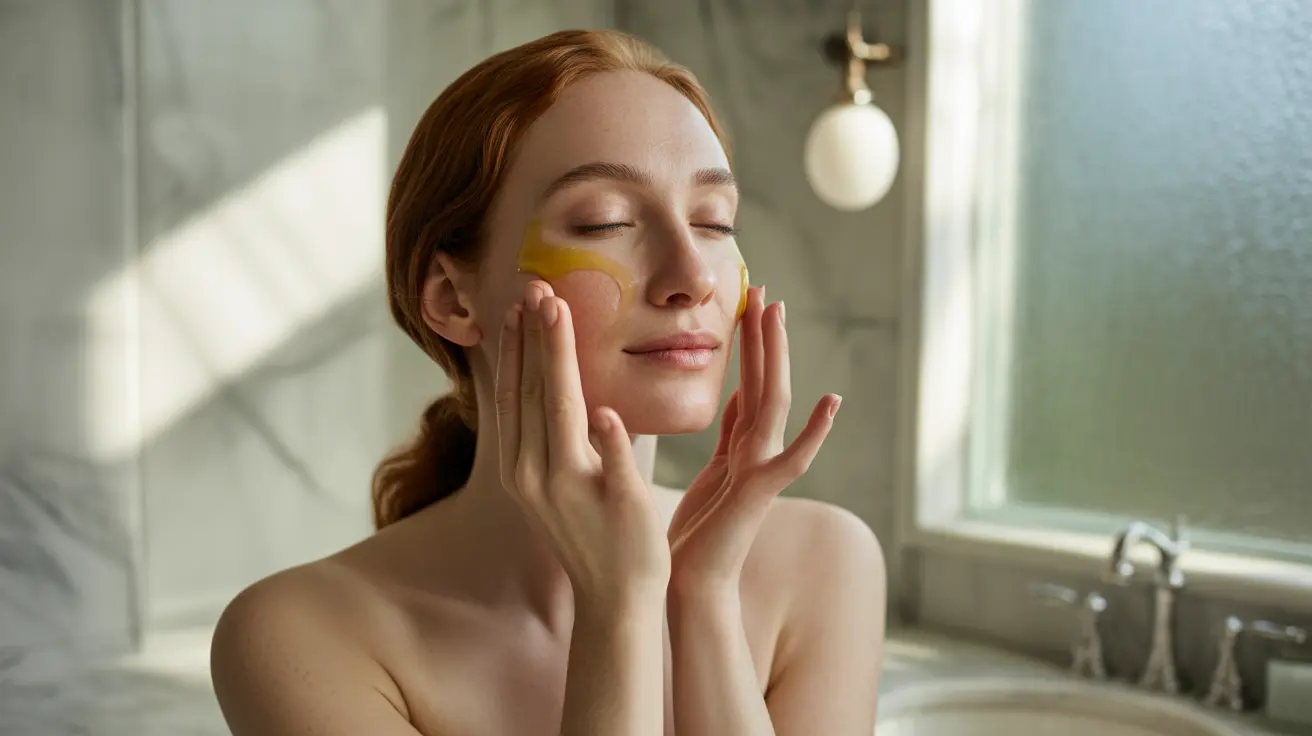The use of olive oil for skin care has garnered significant attention, particularly regarding its potential effects on skin tone and complexion. While many people seek natural methods for achieving lighter, more even skin, it's important to understand what olive oil can and cannot do for skin whitening, along with its proven skincare benefits.
This comprehensive guide examines the scientific evidence behind olive oil's effects on skin pigmentation and overall skin health, helping you make informed decisions about incorporating it into your skincare routine.
Understanding Olive Oil's Impact on Skin Tone
Olive oil contains various compounds that may influence skin appearance, including vitamins E and K, antioxidants, and squalene. While it doesn't directly bleach or whiten skin, these components can contribute to a healthier, more radiant complexion in several ways:
- Antioxidant protection against sun damage
- Moisturizing properties that enhance skin clarity
- Anti-inflammatory effects that may reduce redness
- Natural healing properties that help fade scarring
Key Skin Benefits of Olive Oil
Natural Moisturizing Properties
Olive oil's primary benefit comes from its excellent moisturizing capabilities. Rich in fatty acids and vitamin E, it helps maintain skin hydration and can improve the appearance of dry, dull skin, potentially contributing to a more luminous complexion.
Antioxidant Protection
The powerful antioxidants in olive oil help protect against environmental damage and oxidative stress, which can contribute to uneven skin tone and hyperpigmentation. Regular use may help prevent new dark spots from forming.
Safe Application Methods and Best Practices
To maximize the potential benefits of olive oil for skin tone improvement, consider these application methods:
- Use extra virgin olive oil for highest quality
- Apply a thin layer to slightly damp skin
- Perform a patch test before full application
- Best used as part of your nighttime routine
- Consider mixing with other natural ingredients
Potential Risks and Limitations
While olive oil is generally safe for most skin types, there are some important considerations:
- May be too heavy for acne-prone or oily skin
- Could potentially clog pores if used excessively
- Not a replacement for sun protection
- Results vary significantly between individuals
Frequently Asked Questions
Does olive oil really help lighten or whiten my skin, and how effective is it for reducing dark spots?
While olive oil doesn't directly whiten skin, its antioxidant and healing properties may help fade dark spots over time and improve overall skin tone. Its effectiveness varies by individual and is generally subtle rather than dramatic.
What are the main benefits of olive oil for skin health, besides skin lightening?
Olive oil provides deep moisturization, antioxidant protection, anti-inflammatory benefits, and can help with skin healing. It's particularly effective at improving skin barrier function and reducing signs of aging.
Can I use olive oil every day to improve my skin tone and appearance, and are there any risks or side effects?
Daily use is possible for most people, but it's best to start gradually and watch for any adverse reactions. Those with oily or acne-prone skin should use it sparingly or avoid it altogether. Always perform a patch test first.
How does olive oil compare to professional skin-lightening treatments or creams for reducing pigmentation?
Professional treatments and specialized lightening creams typically provide more dramatic and faster results than olive oil. Olive oil offers a gentle, natural alternative but shouldn't be expected to match the efficacy of medical-grade treatments.
Are there any natural ways to boost olive oil's effect on skin brightness or even out skin tone safely at home?
You can enhance olive oil's benefits by combining it with other natural ingredients like lemon juice (use cautiously), honey, or turmeric. However, always patch test combinations and avoid sun exposure when using potentially photosensitizing ingredients.




